
Millions of people in the US use insulin daily
Shutterstock / InnaLu
The drug manufacturer Eli Lilly and Company announced it will reduce the cost of its most prescribed insulins by 70 per cent starting in May. The reduction will apply in the US. The company will also immediately cap the cost people pay for insulin at $35 per month, thereby increasing access to the drug and saving some people thousands of dollars each month.
More than 7 million people in the US use insulin – a life-saving drug for many with diabetes. An estimated 1.3 million people in the US ration the drug due to costs, which have skyrocketed for years. Manufacturers charge nearly $100, on average, for a standard vial of insulin in the US compared with $12 in Canada or $7.52 in the UK. The price paid depends on a person’s health insurance – or lack thereof – with some paying next to nothing and others fronting the full cost.
The proposed price reductions only apply to certain insulin products, primarily older products, including the drug maker’s most prescribed insulin medications. The reduction – along with the $35 monthly price cap – will have the biggest impact on uninsured Americans, some of whom pay thousands of dollars for insulin each month.
“While the current healthcare system provides access to insulin for most people with diabetes, it still does not provide affordable insulin for everyone and that needs to change,” said David A. Ricks at Eli Lilly and Company in a press release. “We are driving for change in repricing older insulins, but we know that 7 out of 10 Americans don’t use Lilly insulin. We are calling on policymakers, employers and others to join us in making insulin more affordable,” he said.
Only two other drug manufacturers – Novo Nordisk and Sanofi – supply insulin in the US. “We applaud Eli Lilly for taking the important step to limit cost-sharing for its insulin, and we encourage other insulin manufacturers to do the same” said Charles Henderson at the American Diabetes Association in a statement.
Eli Lilly’s announcement could pressure other drug manufacturers to follow suit, but it’s unlikely to influence drug pricing more broadly, including of newer insulin products, says Andrew Mulcahy at the RAND Corporation, a US think tank.
Sign up to our free Health Check newsletter for a round-up of all the health and fitness news you need to know, every Saturday
Topics:



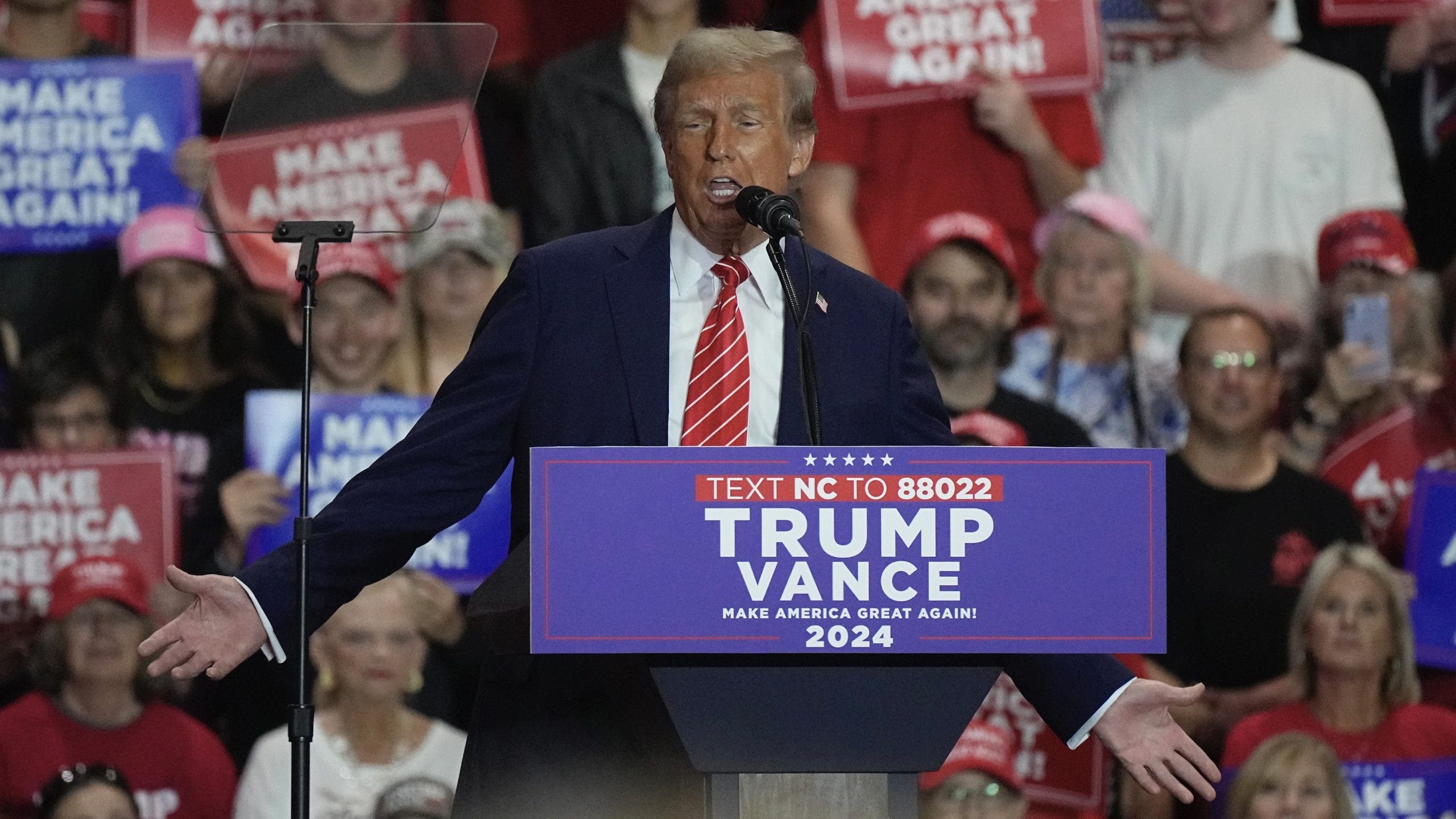
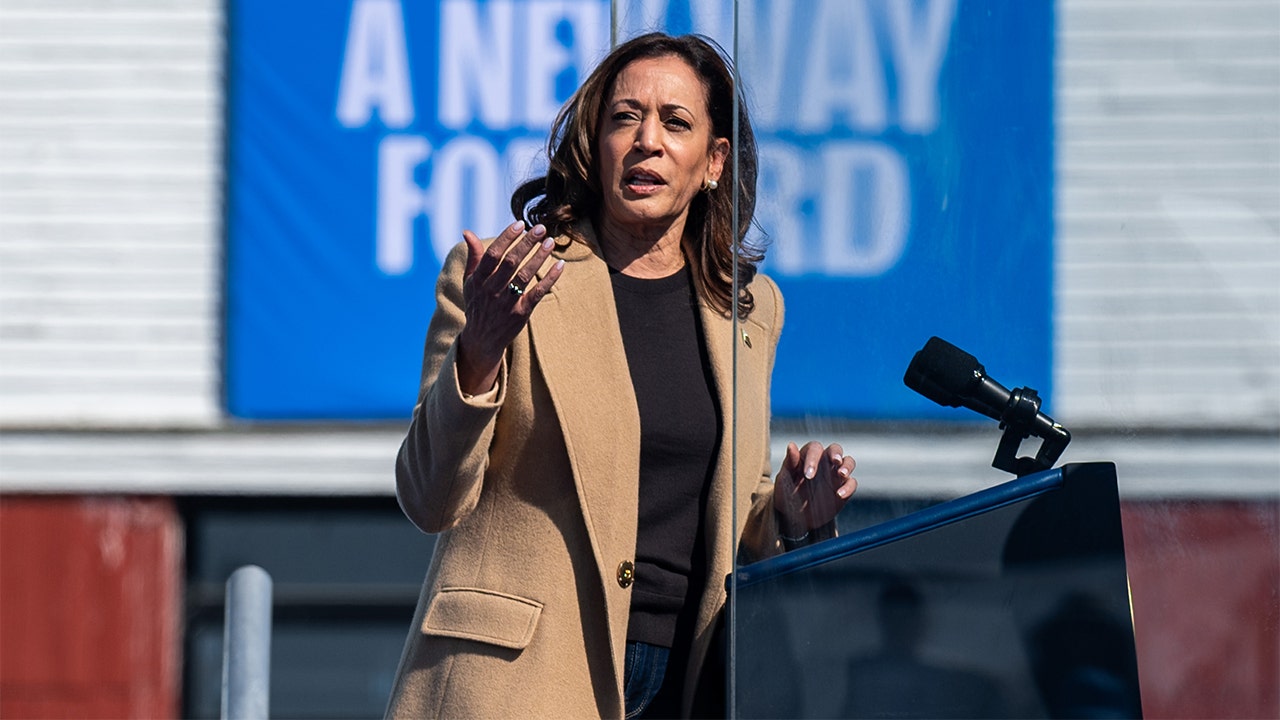




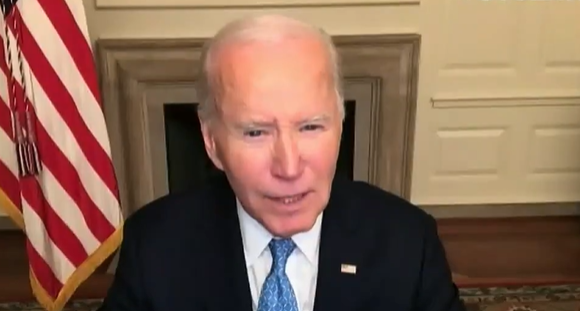






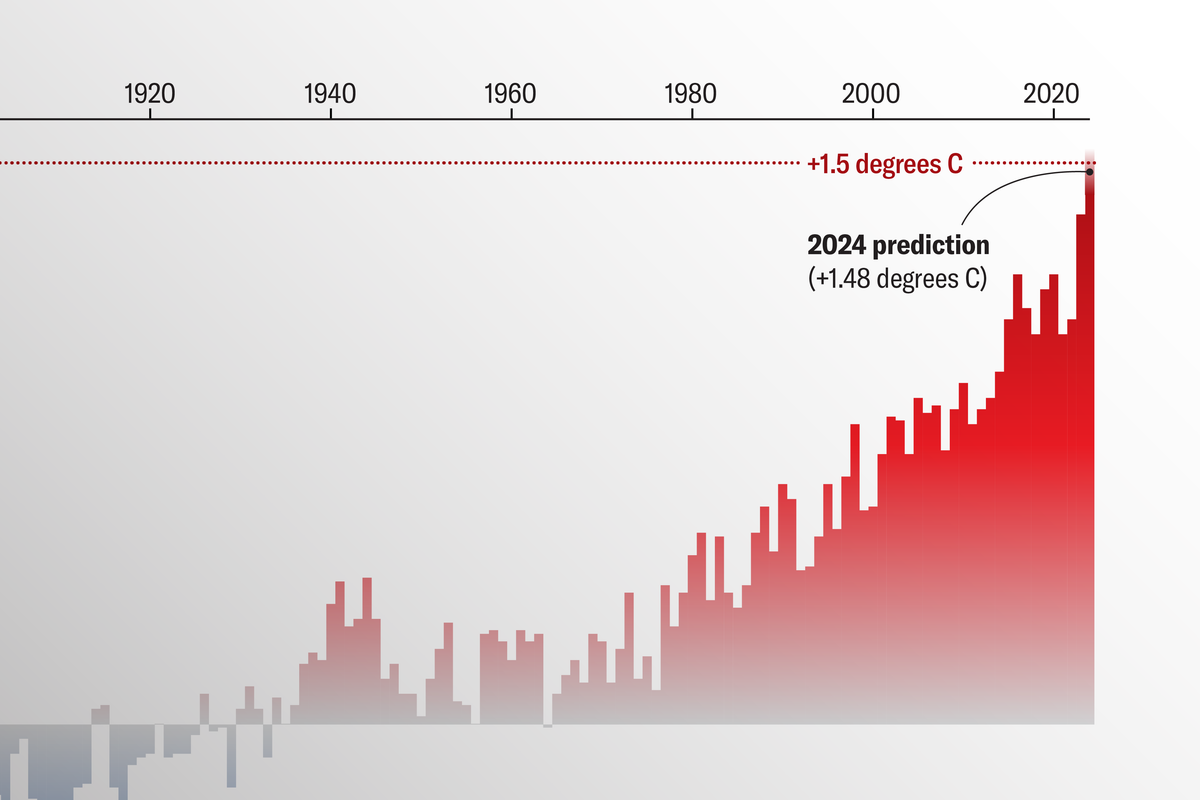











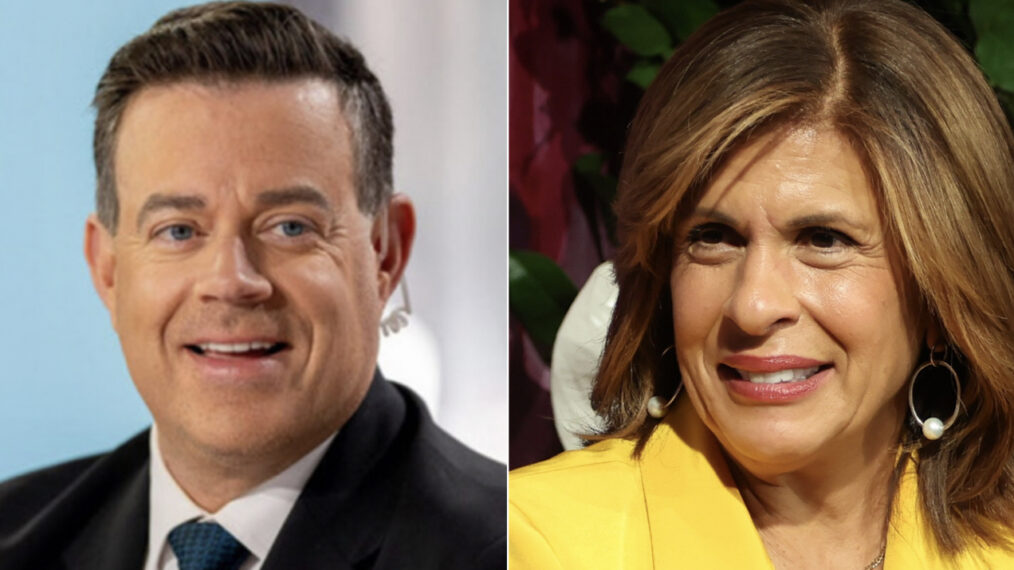


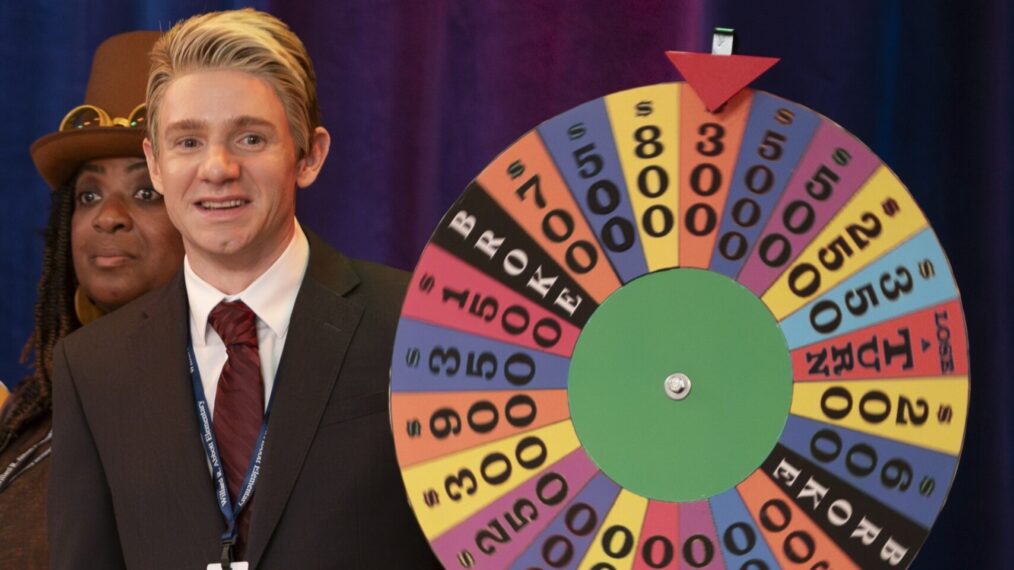





















.jpg)



